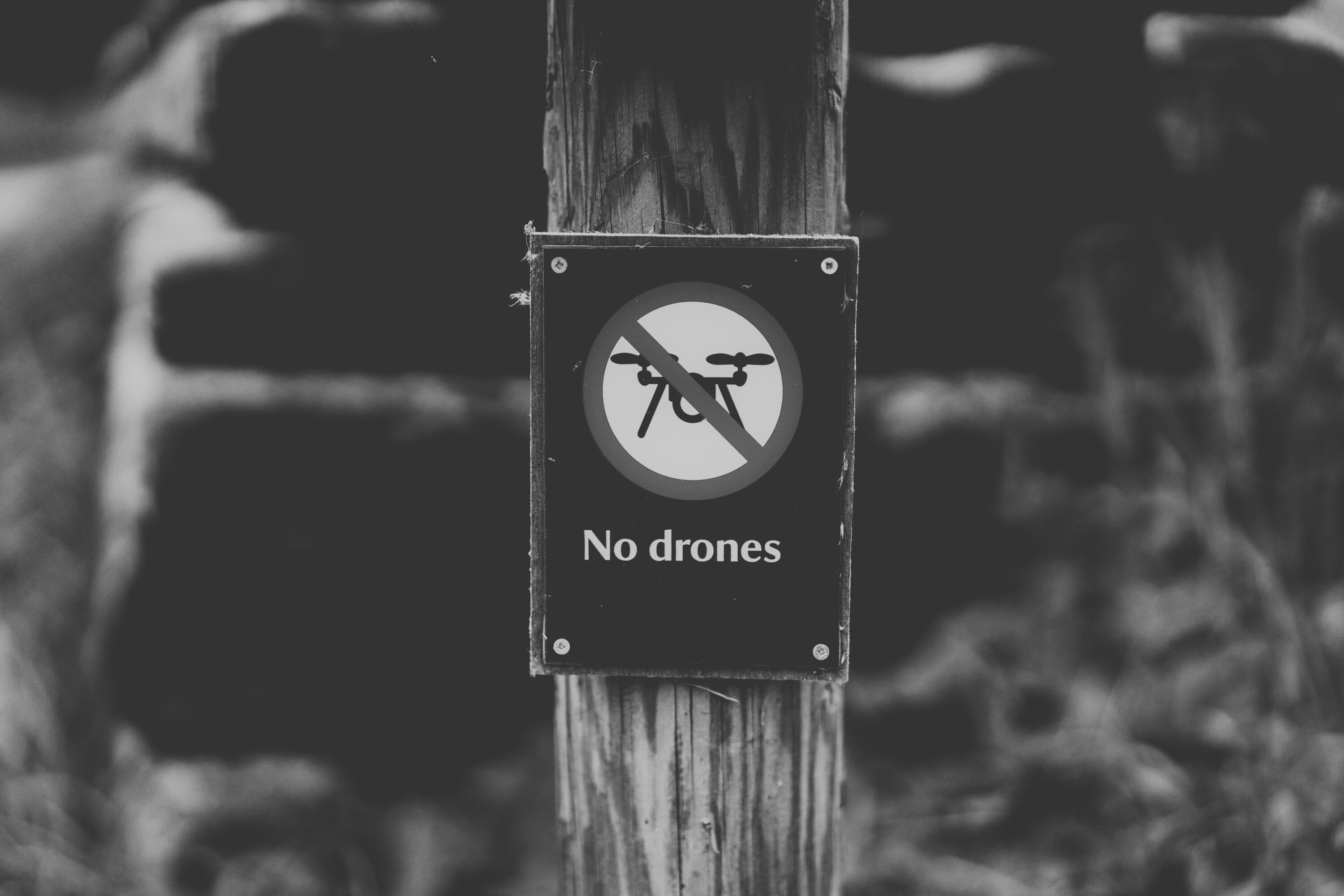Since 2016, the Telecom Regulatory Authority of India (“TRAI”) has been making concerted efforts towards improving access to internet in the country. This post provides a chronological overview of the steps taken by TRAI in this direction:
1. July 2016: TRAI initiates discussions on public Wi-Fi in India
1.1 On 13th July 2016, the TRAI initiated discussions on public Wi-Fi networks through its Consultation Paper on the ‘Proliferation of Broadband through Public Wi-Fi Networks’ (“Consultation Paper”).
1.2 The Consultation Paper noted that India significantly lagged behind other countries in terms of providing access to internet, and called for the introduction of a new set of players in the Wi-Fi service provisioning space.[1]
1.3 The following issues were highlighted as being important for a successful, scalable and sustainable public Wi-Fi infrastructure in the country:
1.3.1 technical interoperability and seamless connectivity of Wi-Fi networks;
1.3.2 innovative payment, commercialization, and monetization models; and
1.3.3 collaborative partnerships between various entities of the ecosystem.[2]
2. September 2016: TRAI conducts a workshop on public Wi-Fi networks
2.1 During the course of the consultation, TRAI conducted a workshop on public Wi-Fi networks (“Workshop”) in partnership with the International Institute of Information Technology (IIIT), Bengaluru on 28th September, 2016.[3]
2.2 The purpose of this workshop was to explore various models of public Wi-Fi that could address the resource gap in terms of delivering Wi-Fi in remote areas.
3. November 2016: TRAI releases a consultation note on scalable public Wi-Fi networks
3.1 Based on the deliberations at the Workshop, TRAI released a Consultation Note on a ‘Model for Nation-Wide Interoperable and Scalable Public Wi-Fi networks’ (“Consultation Note”) on 15th November 2016.[4]
3.2 The Consultation Note attempted to:
3.2.1 explore the roles of different stakeholders in the Public Wi-Fi network value chain and build an ecosystem for promoting scalable and sustainable partnerships for large scale nation wide deployment; and
3.2.2 explore viable models that could be adopted towards rapidly deploying affordable and interoperable public Wi-Fi networks.
4. March 2017: TRAI releases recommendations on the Proliferation of Broadband through Public Wi-Fi Networks
4.1 After considering the comments received from stakeholders, TRAI released its recommendations on the ‘Proliferation of Broadband through Public Wi-Fi Networks’ (“Recommendations”) on 9th March 2017, envisaging a framework for setting up Public Data Offices(“PDOs”)/Public Data Office Aggregators (“PDOAs”) to provide public Wi-Fi services.[5]
4.2 Briefly, TRAI made the following recommendations:
4.2.1 In order to allow for the sharing of active Wi-Fi infrastructure, the Department of Telecommunication (“DoT”) may amend the terms of the Internet Service Provider (“ISP”) license, in line with the Unified License conditions.
4.2.2 A clarification should be provided in respect of all license categories, that sharing of infrastructure related to Wi-Fi equipment such as Wi-Fi routers, Access point, and backhaul is also allowed.
4.2.3 Recognizing that unlicensed spectrum is one of the key enabling factors in the widespread adoption of Wi-Fi, the DoT should consider de-licensing spectrum in the 5.725 – 5.825 GHz spectrum band for outdoor usage, and expedite the decision on allocating E-band (71-76 GHz and 81-86 GHz) and V-band (57-64 GHz) to service providers.
4.2.4 In order to make the authentication process for connecting with public Wi-Fi more flexible, the existing requirement of authentication through OTP for each instance of access can be done away with. Authentication through eKYC, eCAF, and other electronic modes should be allowed for the purposes of KYC obligations.
4.2.5 In order to reduce the cost of providing Wi-Fi services in the country, the import duty applicable on Wi-Fi access point equipment should be revisited in coordination with the Ministry of Commerce.
4.2.6 In order to increase the number of public hotspots and make internet more affordable in the country, a new framework should be put in place, where PDOs in agreement with PDOAs are allowed to provide public Wi-Fi services.
4.2.7 PDOAs should be allowed to enter into agreements with third party application/ service providers for managing authentication and payment processes.
5. October 2017: TRAI conducts a pilot Public Open Wi-Fi project
5.1 In order to demonstrate a proof of concept for interoperability, TRAI conducted a pilot trial of the framework mentioned in the Recommendations. The pilot commenced on 16th October, 2017, with a number of entities participating in the pilot as PDOs, App Providers and Software/Hardware Service providers.[6]
5.2 The vision of this initiative was to establish an Open Architecture based Wi-Fi Access Network Interface (“WANI”), such that:
5.2.1 Any entity (company, proprietorship, society, non-profit, etc.) should easily be able to setup a public Wi-Fi Access Point.
5.2.2 Users should be able to easily discover WANI compliant SSIDs, do one click authentication and payment, and connect one or more devices in a single session.
5.2.3 The experience for a small entrepreneur to purchase, self-register, setup and operate a PDO must be simple, low-touch, and maintenance-free.
5.2.4 The products available for consumption should begin from “sachet-sized” options, i.e. low denominations that may start a INR 2.00.
5.2.5 Providers (PDOs, PDOAs, Access Point hardware/software, user authentication and KYC provider, and payment provider) are unbundled to eliminate silos and closed systems, allowing multiple parties in the ecosystem to come together and enable large scale adoption.
6. June 2018: TRAI organizes a conference on the implementation strategy for Public Wi-Fi in India
6.1 To move towards the next phase of implementation for WANI architecture, TRAI organized a Conference on the ‘Implementation Strategy for Interoperable Wi-Fi Hotspot Architecture for Digital India’ on 7th June 2018 to deliberate on issues to promote the large scale deployment of Wi-Fi hotspots in the country. This is the latest step that TRAI has taken towards implementing WANI architecture in India, and judging by the sequence of events, will be followed by a consultation note on the implementing strategy for WANI architecture.
[This post is authored by Tuhina Joshi, Associate, TRA.]
[1] TRAI Consultation Paper on Proliferation of Broadband through Public Wi-Fi Networks, published on 13th July 2016, available at http://trai.gov.in/sites/default/files/Wi-Fi_consultation%20Paper_13_july_2016.pdf.
[2] Refer Chapter IV, TRAI Consultation Paper on Proliferation of Broadband through Public Wi-Fi Networks, published on 13th July 2016, available at http://trai.gov.in/sites/default/files/Wi-Fi_consultation%20Paper_13_july_2016.pdf.
[3] http://citapp.iiitb.ac.in/news-and-events/conferences-workshops/one-day-workshop-on-public-wi-fi/
[4] TRAI Consultation Note on Nation-wide Interoperable and Scalable Public Wi-Fi Networks, published on 15th November 2016, available at http://trai.gov.in/sites/default/files/Consultation_Note_15_November_2016.pdf.
[5] TRAI Recommendations on Proliferation of Broadband through Public Wi-Fi Networks, published on 9th March 2017, available at https://trai.gov.in/sites/default/files/WiFi_Recommendation_09032017.pdf.
[6] TRAI Public Open Wi-Fi Pilot Objectives, published on 7th July 2017, available at https://trai.gov.in/sites/default/files/TRAI_Public_Wifi_Pilot_070717.pdf.










